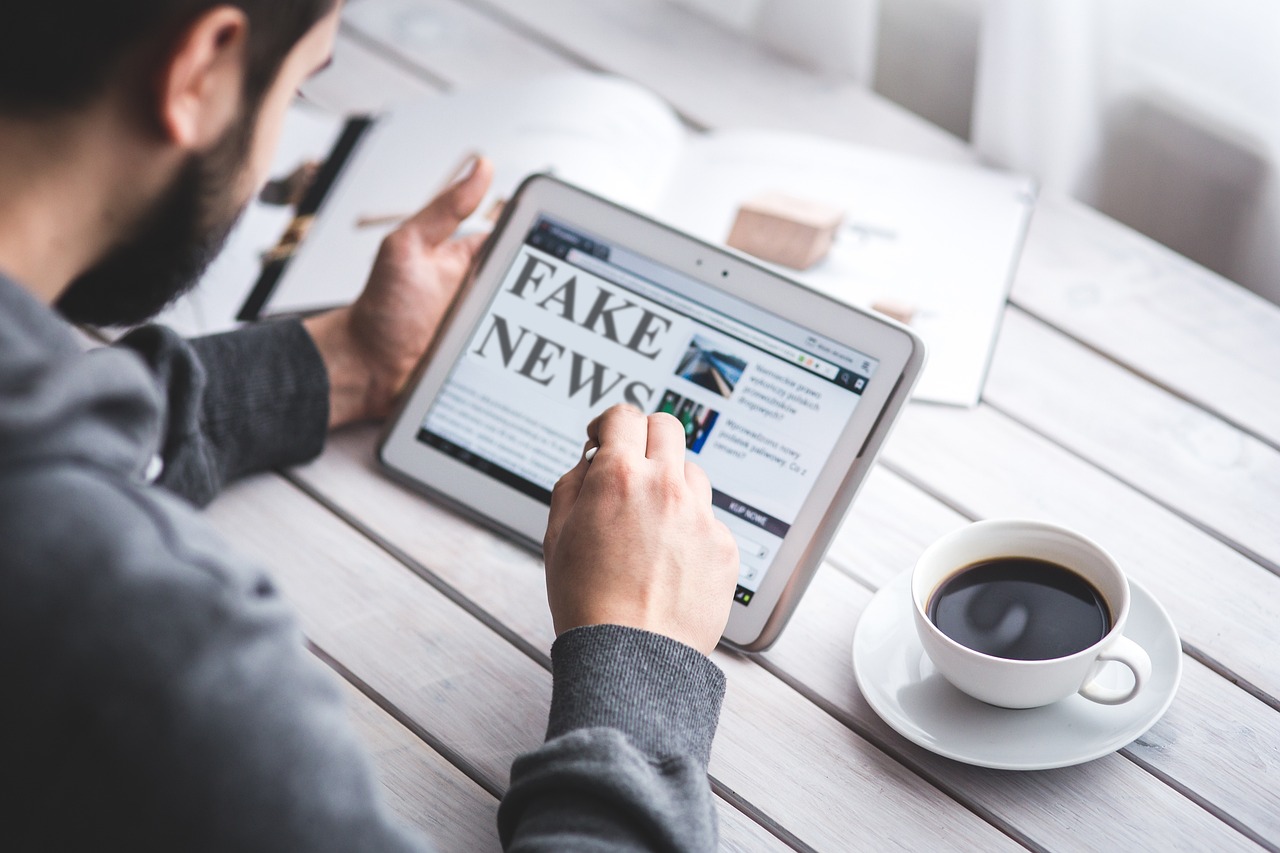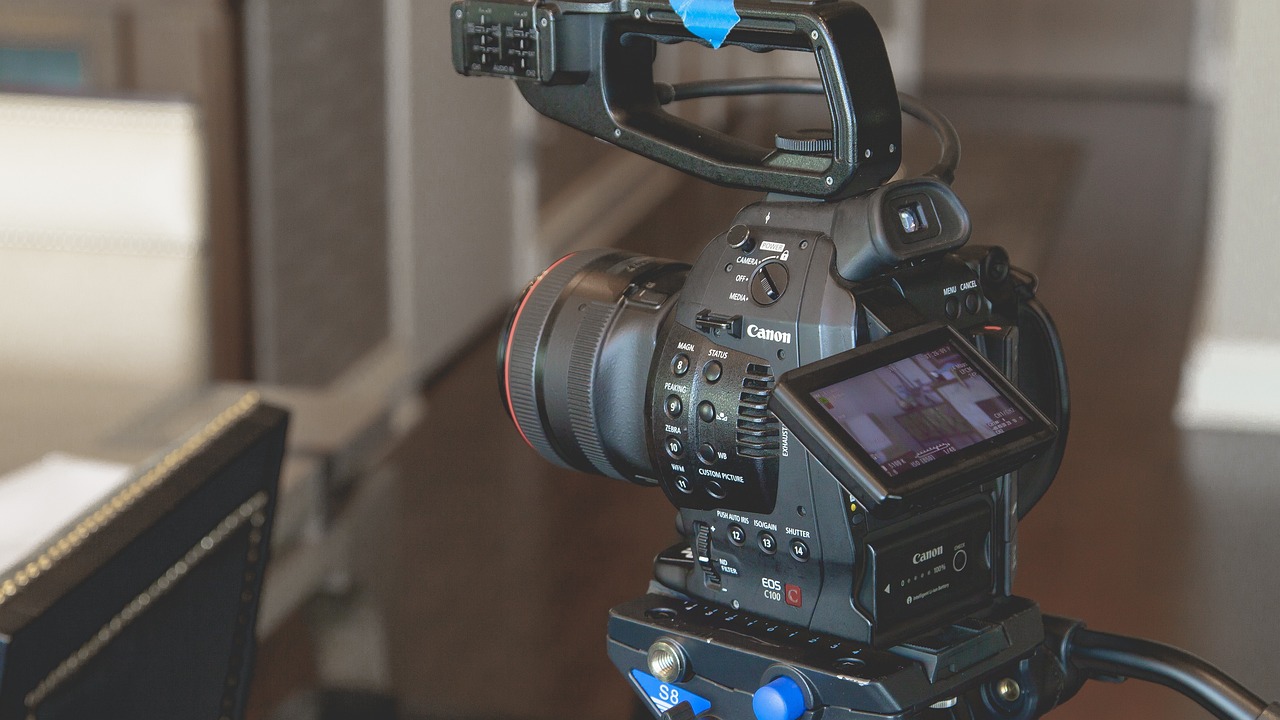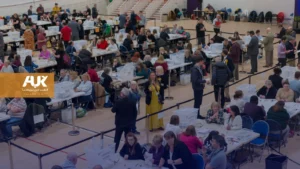Tackling fake news on a TV program or debate

Dr: Ibrahim Hamami
17 October 2023
Tackling fake news on a TV program or debate, especially when the moderator is spreading it, can be a challenging situation. Here are some steps you can consider taking:
Tackling fake news on a TV debate
1. Be Prepared: Before participating in the program, do your research. Anticipate the false claims or narratives that might be presented and gather credible sources and facts to counter them.
2. Stay Calm and Respectful: When confronting fake news, maintain your composure and remain respectful. Avoid personal attacks, as this can detract from your message.
3. Stick to the Facts: Present the facts and evidence that debunk the fake news. Be clear, concise, and use language that is easy for the audience to understand. Avoid jargon or overly technical terms.
4. Use Data and Visuals: If possible, use visual aids like charts, graphs, or images to support your argument. Visual evidence can be compelling.
5. Cite Trusted Sources: Mention respected sources, experts, or institutions that support your position. This can lend credibility to your arguments.

6. Question the Moderator: If the moderator is spreading fake news, respectfully challenge their statements with well-documented evidence. Ask for their sources and demand transparency.
7. Engage with Other Participants: Encourage fellow participants to join you in debunking the fake news. Strength in numbers can help counter false narratives effectively.
8. Appeal to the Audience: Address the viewers directly and explain why it is important to rely on accurate information. Stress the consequences of believing and spreading fake news.
9. Leverage Audience Questions: Encourage the audience to ask questions and seek clarification. A thoughtful, fact-based question from the audience can challenge the spread of fake news.
10. Use Social Media and Fact-Checking: During and after the program, use social media and fact-checking resources to amplify your message and counter any disinformation that may have been spread.
11. Leverage Social Media: Engage with the audience on social media during the program and afterward to share fact-based information and encourage critical thinking.

12. Request Corrections: After the program, if you can prove that false information was spread, request corrections or clarifications from the network or platform hosting the debate. Share your evidence to support your request.
13. Engage in Private Dialogue: After the program, if possible, engage in private discussions with the moderator to address the false information and request corrections. Publicly accusing them of spreading fake news may not be as productive as a private conversation.
14. Engage in Post-Debate Analysis: Consider participating in post-debate analysis or writing op-eds or articles to further address and correct the fake news.
15. Engage the Audience Beyond the Program: Continue to engage the audience through other channels, such as social media, blogs, or op-eds, to further educate them about the issues and provide accurate information.
16. Promote Media Literacy: Advocate for media literacy and critical thinking as a means to combat fake news in the long term. Encourage the audience to question what they see and hear.
17. Document Everything: Request corrections of fake news from the platform hosting the debate, including video or audio clips, transcripts, and any relevant correspondence. This documentation can be useful in the event you need to escalate the issue.

18. Document Your Efforts: Keep a record of your interactions, the responses from the moderator, and any steps you take to correct misinformation. This documentation can be useful for transparency and accountability.
19. Stay Persistent: Tackling fake news can be an ongoing battle. Be persistent in your efforts to correct misinformation, both during and after the program.
20. Publicly Express Concerns: During the program, express your concerns about the spread of fake news, emphasizing the importance of accurate information in a healthy democracy and the role of responsible journalism.
21. Frame the Issue as Misinformation: Avoid using inflammatory language like “fake news” or “lying.” Instead, frame the issue as misinformation or disinformation, which may be unintentional or deliberate.
22. Show Empathy: If possible, acknowledge that individuals, including the moderator, can inadvertently spread false information due to cognitive biases or a lack of information. Approach the situation with empathy, which can foster a more constructive dialogue.
23. Encourage Journalistic Integrity: Remind the moderator of their responsibility to uphold journalistic integrity and ethics. Suggest that they should correct any inaccuracies they have presented.
24. Mobilize Support: Seek support from your professional network, relevant organizations, or experts in the field who can corroborate your fact-based arguments and amplify your message.

25. Engage the Ombudsman or Public Editor: If the TV program has an ombudsman or a public editor, reach out to them with your concerns. They may be able to address the issue internally.
26. Organize and Advocate for Policy Changes: Support policies and regulations that encourage responsible journalism and penalize the spread of disinformation. Advocate for greater transparency and accountability in media.
27. Seek Legal Advice (if necessary): If the spreading of fake news has serious consequences and violates any laws or regulations, consult with legal experts to explore potential legal remedies.
Remember that addressing fake news can be a complex and sometimes frustrating task, especially if the moderator is involved. Your commitment to facts, truth, and respectful communication can make a difference in combatting false information in the long run.
Read more:
ShortURL ⬇
نسخ إلى الحافظة








